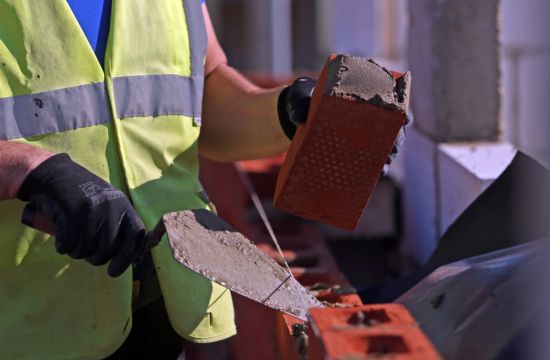A local residents group has taken a High Court challenge aimed at overturning permission for a development of 123 apartments in Ballincollig, Co Cork.
Waltham Abbey Residents Association has brought the judicial review proceedings over An Bord Pleanála’s approval last September for the development at a site on the Old Fort Road, Ballincollig.
Today Mr Justice Richard Humphreys granted leave to Neil Steen SC, with John Kenny Bl, to bring the proceedings.
The case, to be managed in the court’s strategic infrastructure development list, is against the Board, the Minister for Housing, Local Government and Heritage, Ireland and the Attorney General. The developer, O’Flynn Construction Company, is a notice party.
The core grounds of challenge include claims the Board erred in law in its assessment, for the purposes of the Habitats Directive and the planning acts, of the potential impacts from the proposed development on Natura 2000 sites in Cork harbour.
It is also claimed the permission is inconsistent with the requirements of the Water Frameworks Directive and/or the EC Environmental Objectives (Surface Waters) Regulations 2009.
Waste water
The proposed development will add additional loading to Ballincollig Waste Water Treatment Plant, it is claimed. The board was not entitled, the residents argue, to conclude the development would lead only to marginal additional loading of the plant having regard to factors including the plant is operating in default of its licensing conditions and is introducing pollutants into the River Lee and Natura 2000 sites in Cork harbour.
Other claims, in relation to environmental impact screening, include that the board failed to have any, or any adequate, regard to potential disturbance of bats or destruction of their resting places, and particularly erred in screening out an Environmental Impact Assessment (EIA) in relation to those matters.
The pre-consultation procedures provided for under the strategic development legislation, its is further claimed, breach provisions of the EIA Directive in relation to public participation in the planning process as well as the residents rights to fair procedures and natural and constitutional justice.
The disputed provisions, in the Planning and Development (Housing) and Residential Tenancies Act 2016, do not provide for any public involvement in the board’s determination of whether a development is strategic housing one.







